Sleep Apnea Explained: Causes, Symptoms, and Treatment Options
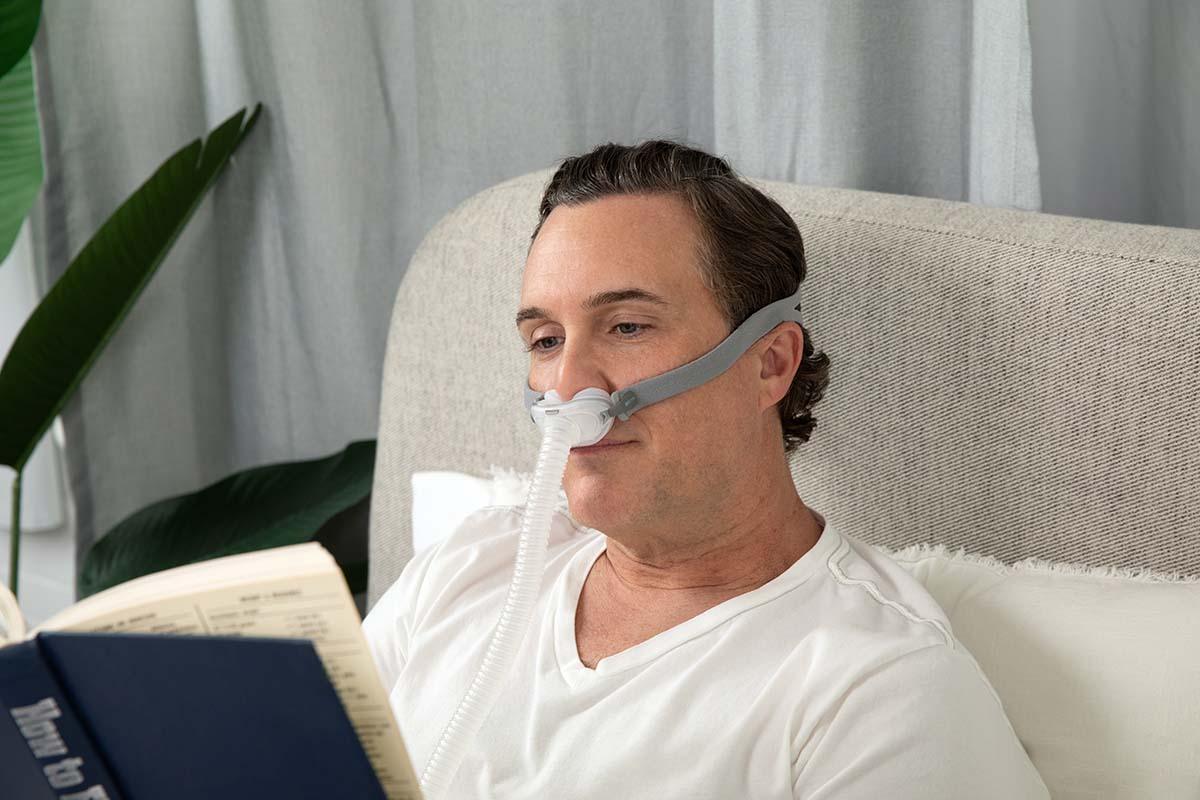
Introduction: Why Sleep Apnea Deserves Your Attention
Picture this: you go to bed at a reasonable hour, expecting a full night’s rest, yet you wake up feeling drained, irritable, and foggy-headed. It’s not just “bad sleep” — it could be sleep apnea, a common but often underdiagnosed sleep disorder that interrupts your breathing multiple times during the night.
Sleep apnea is more than just loud snoring or restless sleep. It can strain your heart, affect your brain function, and even shorten your life if left untreated. Millions of people worldwide live with this condition — many without realizing it. Understanding what causes it, recognizing the symptoms, and knowing your treatment options could make the difference between living in a constant state of fatigue and reclaiming your energy and health.
Causes of Sleep Apnea
Sleep apnea occurs when breathing repeatedly stops and starts during sleep. While there are different types, the most common is obstructive sleep apnea (OSA), caused by physical blockage of the airway. There’s also central sleep apnea (CSA), which happens when the brain fails to send proper signals to the muscles controlling breathing.
See more: Top 5 Online Stores to Purchase a Portable Oxygen Concentrator Machine
1. Physical Anatomy and Airway Structure
Some people are naturally more prone to sleep apnea due to the structure of their throat, tongue, or jaw. For example, having a thick neck, enlarged tonsils, or a narrow airway can make breathing during sleep more difficult.
2. Excess Weight
Obesity is one of the biggest risk factors. Fat deposits around the upper airway can restrict airflow, especially when lying down. Even a moderate weight gain can worsen symptoms for those who are already susceptible.
3. Age and Gender
Sleep apnea can affect anyone, but it’s more common in middle-aged and older adults. Men are generally at higher risk than women, though women’s risk increases after menopause.
4. Lifestyle Factors
Certain habits increase the likelihood of developing sleep apnea:
- Smoking irritates and inflames the upper airway.
- Alcohol relaxes throat muscles, making airway collapse more likely.
- Sedatives or certain medications can have similar relaxing effects.
5. Medical Conditions
Underlying health issues like nasal congestion, allergies, hypothyroidism, and heart or kidney disease can contribute to breathing disruptions during sleep.
Symptoms of Sleep Apnea
One of the challenges with diagnosing sleep apnea is that many symptoms occur while you’re asleep. Often, a partner, family member, or roommate notices the signs before you do.
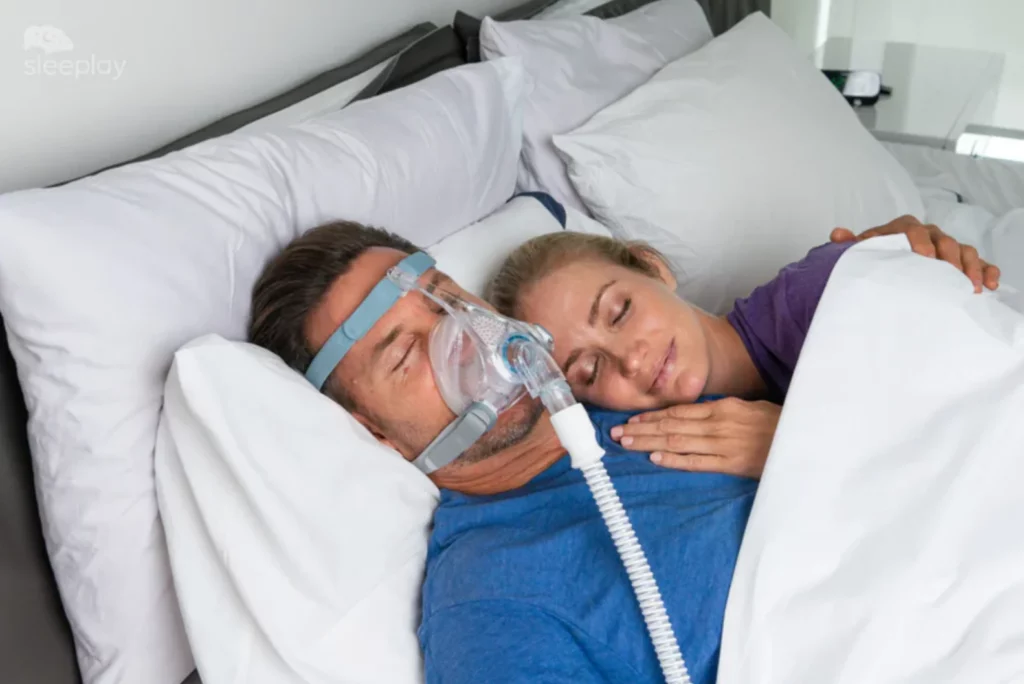
Table of Contents
Toggle1. Loud, Chronic Snoring
While not everyone who snores has sleep apnea, loud and persistent snoring — especially with pauses — can be a red flag.
2. Pauses in Breathing or Gasping for Air
You might not be aware of it, but your body could wake you up just enough to resume breathing. A bed partner might notice moments when you seem to “stop breathing” or suddenly gasp for air.
3. Morning Headaches
Frequent headaches upon waking can be linked to low oxygen levels during the night.
4. Excessive Daytime Sleepiness
If you find yourself dozing off at work, during meetings, or even while watching TV, it could be a sign your sleep quality is being disrupted.
5. Trouble Concentrating and Memory Issues
Poor sleep affects brain function, making it harder to focus, solve problems, or remember things.
6. Irritability and Mood Changes
Lack of restorative sleep can make anyone grumpy. Over time, it can contribute to anxiety or depression.
7. Dry Mouth or Sore Throat in the Morning
Mouth breathing during sleep, often due to blocked nasal passages, can leave your mouth dry or throat sore.
Example scenario: Imagine John, a 45-year-old office worker, who notices he’s been unusually tired despite going to bed early. His wife mentions he snores loudly and sometimes stops breathing for a few seconds. These are classic warning signs that warrant a sleep study.
Treatment Options for Sleep Apnea
The good news is that sleep apnea is treatable. The right solution depends on the severity of your condition, your personal health, and your lifestyle.
1. CPAP Therapy
Continuous Positive Airway Pressure (CPAP) is the most common treatment for moderate to severe obstructive sleep apnea. It involves wearing a mask over your nose, or nose and mouth, that delivers a constant stream of air to keep your airway open.
- Pros: Highly effective when used consistently.
- Cons: Some people find it uncomfortable at first, but newer designs are quieter and more compact.
Example: After struggling with fatigue for years, Sarah was diagnosed with sleep apnea. Her doctor recommended CPAP therapy, and after a few weeks of adjustment, she felt more alert than she had in years.
2. Oral Appliances
Custom-fitted dental devices can help keep your airway open by repositioning your jaw or tongue. These are often recommended for mild to moderate sleep apnea or for those who can’t tolerate CPAP.
3. Surgical Options
Surgery might be considered if other treatments don’t work. Procedures can include removing excess tissue from the throat, repositioning the jaw, or implanting devices to stimulate airway muscles.
4. Lifestyle Changes
For mild cases, simple adjustments can make a big difference:
- Lose weight if overweight.
- Avoid alcohol and sedatives before bedtime.
- Sleep on your side instead of your back.
- Maintain good nasal hygiene to reduce congestion.
5. Positional Therapy
Some people only experience apnea when sleeping on their back. Special pillows or wearable devices can help maintain a side-sleeping position.
6. Treating Underlying Conditions
Addressing nasal allergies, sinus issues, or hormonal imbalances can reduce symptoms.
Conclusion: Don’t Ignore the Signs
Sleep apnea is more than an inconvenience — it’s a serious health risk. Left untreated, it can lead to high blood pressure, heart disease, stroke, and even accidents caused by daytime drowsiness.
If you recognize the symptoms in yourself or a loved one, don’t brush them off as “just snoring” or “being tired.” A proper sleep study can confirm the diagnosis and open the door to effective treatments.
Better sleep doesn’t just mean feeling more rested — it means protecting your long-term health, improving your mood, and regaining the energy you need to live life fully. If something feels off with your sleep, it’s worth seeking professional advice. Your health — and your future — could depend on it.
Introduction: Why Sleep Apnea Deserves Your Attention Picture this: you go to bed at a reasonable hour, expecting a full night’s rest, yet you wake up feeling drained, irritable, and foggy-headed. It’s not just “bad sleep” — it could be sleep apnea, a common but often underdiagnosed sleep disorder that interrupts your breathing multiple times…
Recent Posts
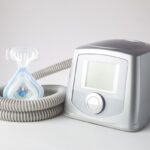 Ultimate Guide to Choosing an Oxygen Concentrator in Australia (2026)ntroduction to Modern Oxygen Therapy For many Australians living with chronic respiratory conditions, maintaining an active lifestyle in cities like Sydney requires more than just medical advice—it requires the right technology. An oxygen concentrator is […]
Ultimate Guide to Choosing an Oxygen Concentrator in Australia (2026)ntroduction to Modern Oxygen Therapy For many Australians living with chronic respiratory conditions, maintaining an active lifestyle in cities like Sydney requires more than just medical advice—it requires the right technology. An oxygen concentrator is […]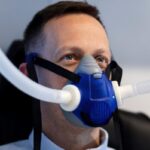 The Best CPAP Mask Options for New Users and What Makes Them ComfortableSleep apnea disrupts breathing during sleep, causing repeated pauses that prevent restful sleep and strain the cardiovascular system. CPAP therapy delivers continuous pressurized air through a mask, keeping airways open throughout the night and enabling […]
The Best CPAP Mask Options for New Users and What Makes Them ComfortableSleep apnea disrupts breathing during sleep, causing repeated pauses that prevent restful sleep and strain the cardiovascular system. CPAP therapy delivers continuous pressurized air through a mask, keeping airways open throughout the night and enabling […] Oxygen Machine for Home Use: A Complete Guide for First-Time BuyersWhat Is an Oxygen Machine and How Does It Work? An oxygen machine for home use, commonly known as an oxygen concentrator, is a medical device that delivers concentrated oxygen to individuals with respiratory conditions. These respiratory therapy devices […]
Oxygen Machine for Home Use: A Complete Guide for First-Time BuyersWhat Is an Oxygen Machine and How Does It Work? An oxygen machine for home use, commonly known as an oxygen concentrator, is a medical device that delivers concentrated oxygen to individuals with respiratory conditions. These respiratory therapy devices […]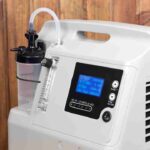 Medical Oxygen at Home: Essential Information on Oxygen Tanks, Machines, and TherapiesIntroduction For individuals with chronic respiratory conditions, such as COPD, asthma, or emphysema, medical oxygen therapy at home is often a critical part of maintaining health and improving quality of life. Whether you need an oxygen machine for […]
Medical Oxygen at Home: Essential Information on Oxygen Tanks, Machines, and TherapiesIntroduction For individuals with chronic respiratory conditions, such as COPD, asthma, or emphysema, medical oxygen therapy at home is often a critical part of maintaining health and improving quality of life. Whether you need an oxygen machine for […]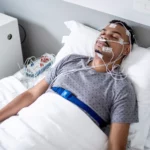 Understanding Sleep Apnea: Causes, Symptoms, and Effective TreatmentsSleep is one of the most vital pillars of good health, but for millions of people, restful sleep is harder to achieve than it should be. One of the most common reasons for poor sleep quality is sleep apnea, a potentially serious sleep disorder that often […]
Understanding Sleep Apnea: Causes, Symptoms, and Effective TreatmentsSleep is one of the most vital pillars of good health, but for millions of people, restful sleep is harder to achieve than it should be. One of the most common reasons for poor sleep quality is sleep apnea, a potentially serious sleep disorder that often […]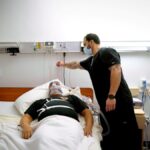 Bulk-Bill Sleep Study Brisbane: Affordable Options for LocalsWhat Are Bulk-Bill Sleep Studies and How Do They Work in Brisbane? Bulk-bill sleep study Brisbane services provide you with direct billing to Medicare, eliminating upfront costs for diagnostic testing. When you receive a bulk-bill sleep study, the […]
Bulk-Bill Sleep Study Brisbane: Affordable Options for LocalsWhat Are Bulk-Bill Sleep Studies and How Do They Work in Brisbane? Bulk-bill sleep study Brisbane services provide you with direct billing to Medicare, eliminating upfront costs for diagnostic testing. When you receive a bulk-bill sleep study, the […]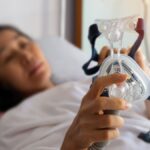 Sleep Apnea Test Adelaide: Early Diagnosis for Better HealthWhat Is Sleep Apnea and Why Is Early Diagnosis Important? Sleep apnea is a serious sleep disorder where your breathing repeatedly stops and starts during sleep. This condition affects millions of people worldwide, yet many remain undiagnosed, missing […]
Sleep Apnea Test Adelaide: Early Diagnosis for Better HealthWhat Is Sleep Apnea and Why Is Early Diagnosis Important? Sleep apnea is a serious sleep disorder where your breathing repeatedly stops and starts during sleep. This condition affects millions of people worldwide, yet many remain undiagnosed, missing […]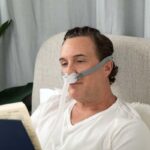 Sleep Apnea Explained: Causes, Symptoms, and Treatment OptionsIntroduction: Why Sleep Apnea Deserves Your Attention Picture this: you go to bed at a reasonable hour, expecting a full night’s rest, yet you wake up feeling drained, irritable, and foggy-headed. It’s not just “bad sleep” — it could be sleep apnea, a […]
Sleep Apnea Explained: Causes, Symptoms, and Treatment OptionsIntroduction: Why Sleep Apnea Deserves Your Attention Picture this: you go to bed at a reasonable hour, expecting a full night’s rest, yet you wake up feeling drained, irritable, and foggy-headed. It’s not just “bad sleep” — it could be sleep apnea, a […]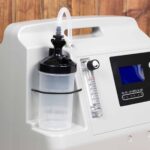 Top 5 Online Stores to Purchase a Portable Oxygen Concentrator MachinePortable oxygen concentrators (POCs) have become essential devices for individuals with respiratory conditions, providing a convenient and reliable source of oxygen. With the rise of e-commerce, purchasing a POC has never been easier. However, selecting […]
Top 5 Online Stores to Purchase a Portable Oxygen Concentrator MachinePortable oxygen concentrators (POCs) have become essential devices for individuals with respiratory conditions, providing a convenient and reliable source of oxygen. With the rise of e-commerce, purchasing a POC has never been easier. However, selecting […] Portable Oxygen Concentrator Australia: Features and BenefitsIn recent years, the demand for portable oxygen concentrators (POCs) has surged in Australia, largely due to the increasing prevalence of respiratory conditions and the need for greater mobility among patients. These devices provide a continuous supply […]
Portable Oxygen Concentrator Australia: Features and BenefitsIn recent years, the demand for portable oxygen concentrators (POCs) has surged in Australia, largely due to the increasing prevalence of respiratory conditions and the need for greater mobility among patients. These devices provide a continuous supply […]
